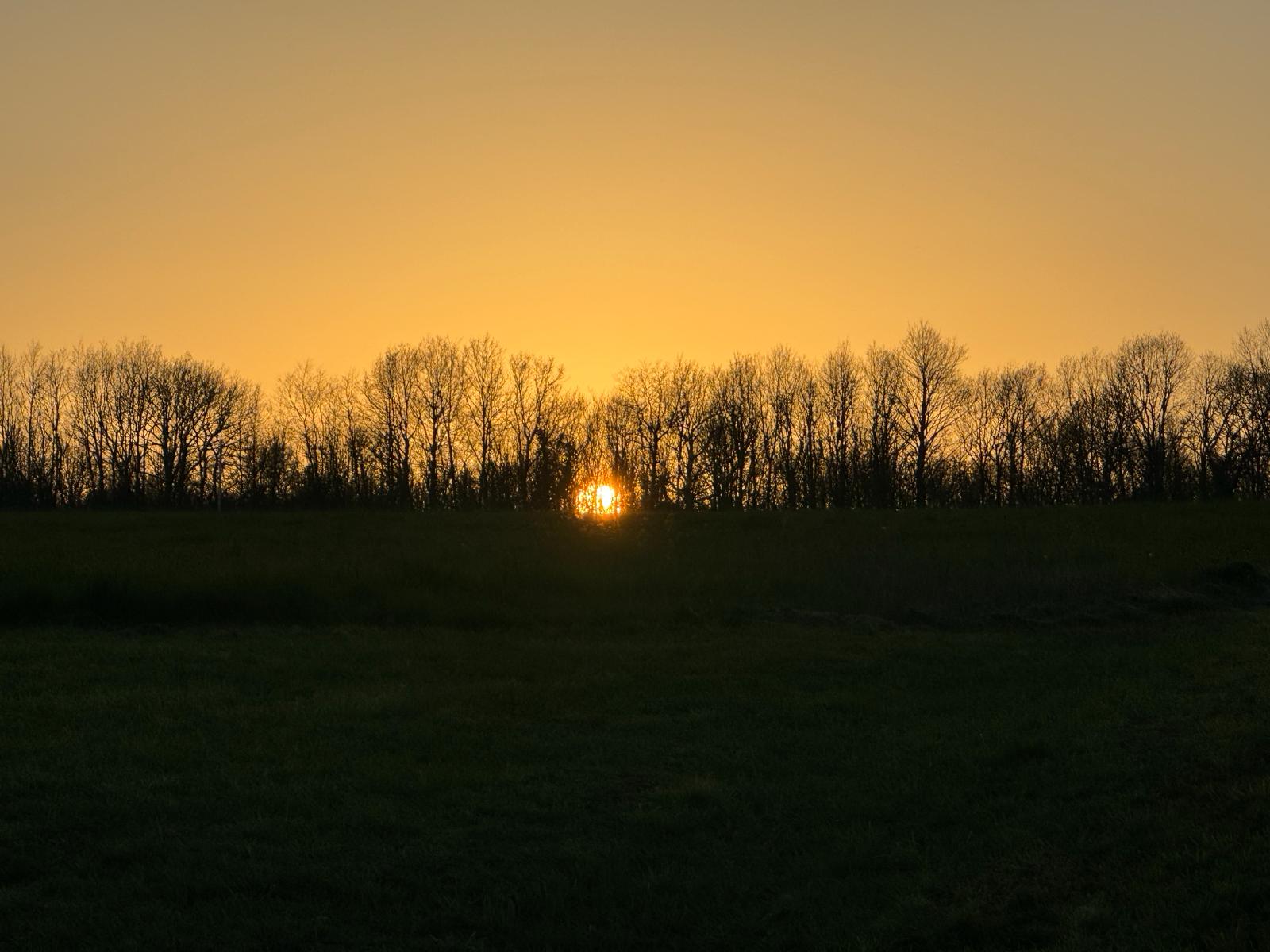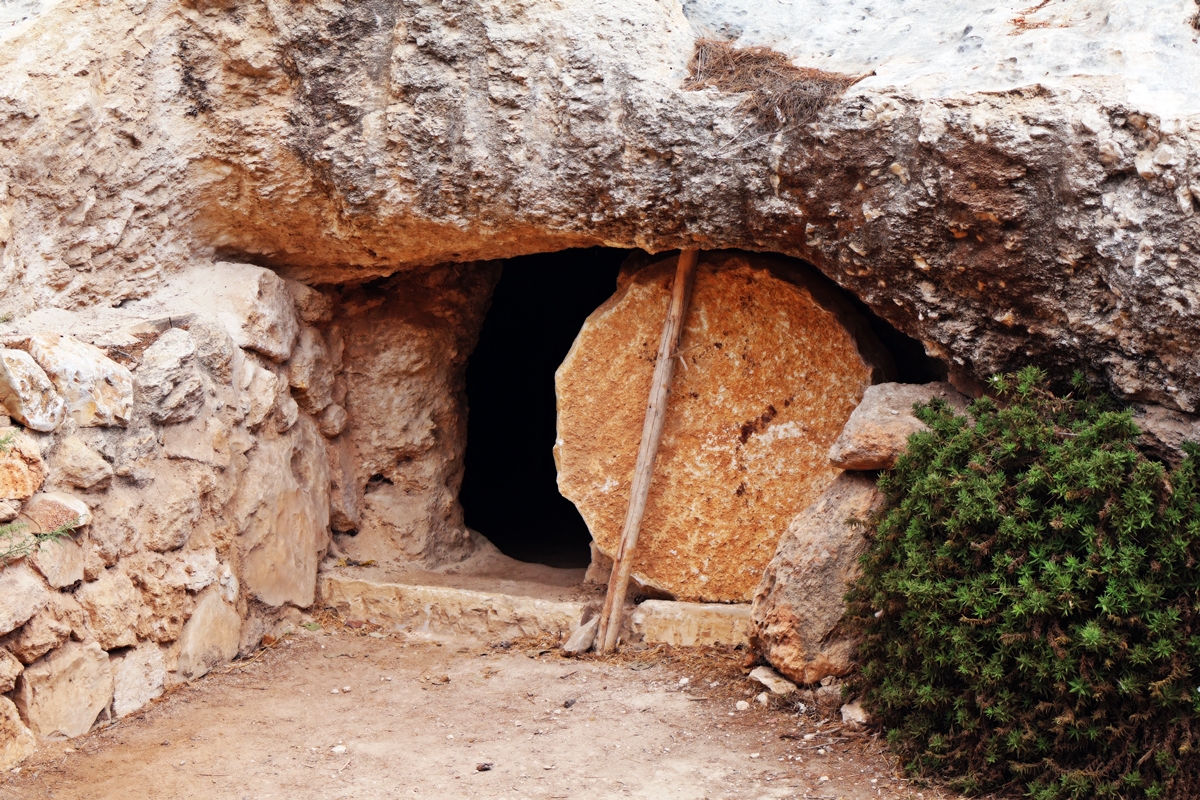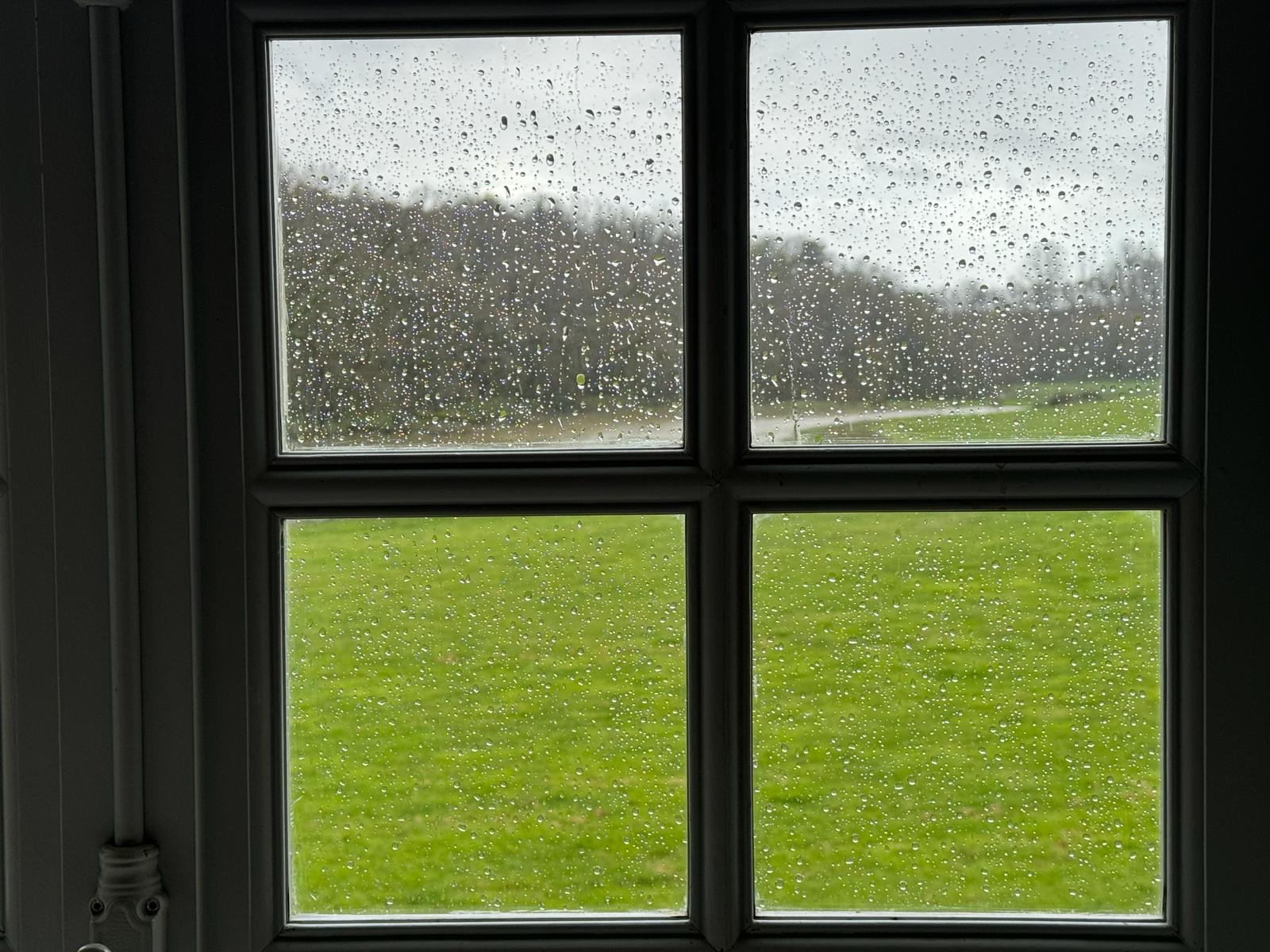 The biblical companion for Lent is traditionally the Book of Exodus. It tells the story – or rather the founding myth – of the Israelites’ escape from their oppression in Egypt. Historical records don’t back up the literal story but it is one of the great meta-narratives of humanity. A different kind of truth.
The biblical companion for Lent is traditionally the Book of Exodus. It tells the story – or rather the founding myth – of the Israelites’ escape from their oppression in Egypt. Historical records don’t back up the literal story but it is one of the great meta-narratives of humanity. A different kind of truth.
In the minds of the spiritual teachers of the tradition it became an allegory of the soul’s journey from the small self to the true self. In the small self world we are oppressed by our own compulsions and fears. We are our own prison.
But something – that is the mystery – something propels us up and out of this smallness of soul. It calls us into an expansion of liberty and the ascent of the whole person (in community and solitude not isolation and loneliness) to God.
The spiritual awakening begins therefore with the universal human question ‘who (really) am I?’ In the Bourne films – which are a modern Kafka-like allegory – a sympathetic but enigmatic character has forgotten who he is. But he knows he is being followed by hostile forces that attack what is most precious to him. He is accused of crimes he has no memory of. To find out who he is, is a matter of life and death.
When Moses, late in his life, stumbles across the Burning Bush his life is changed by the holy. He is told by the one that is the undying fire to remove his shoes (the old self) because the very ground is holy. But then this experience of contemplation – an enlightenment experience if ever there was one – projects him into action. He has to set his people free. Reluctantly and full of self-doubt he agrees to the offer none of us can refuse while retaining integrity. But he wants to know the god’s name and all he gets is “I am who I am”. Being is enough.
Our journey to self-knowledge is made within the day-to-day missions and responsibilities of life. But the ground we walk on each day is holy. This is what our daily meditation and its fruits teach us.
Want to receive our Lent Daily Reflections in your mailbox? Subscribe HERE



